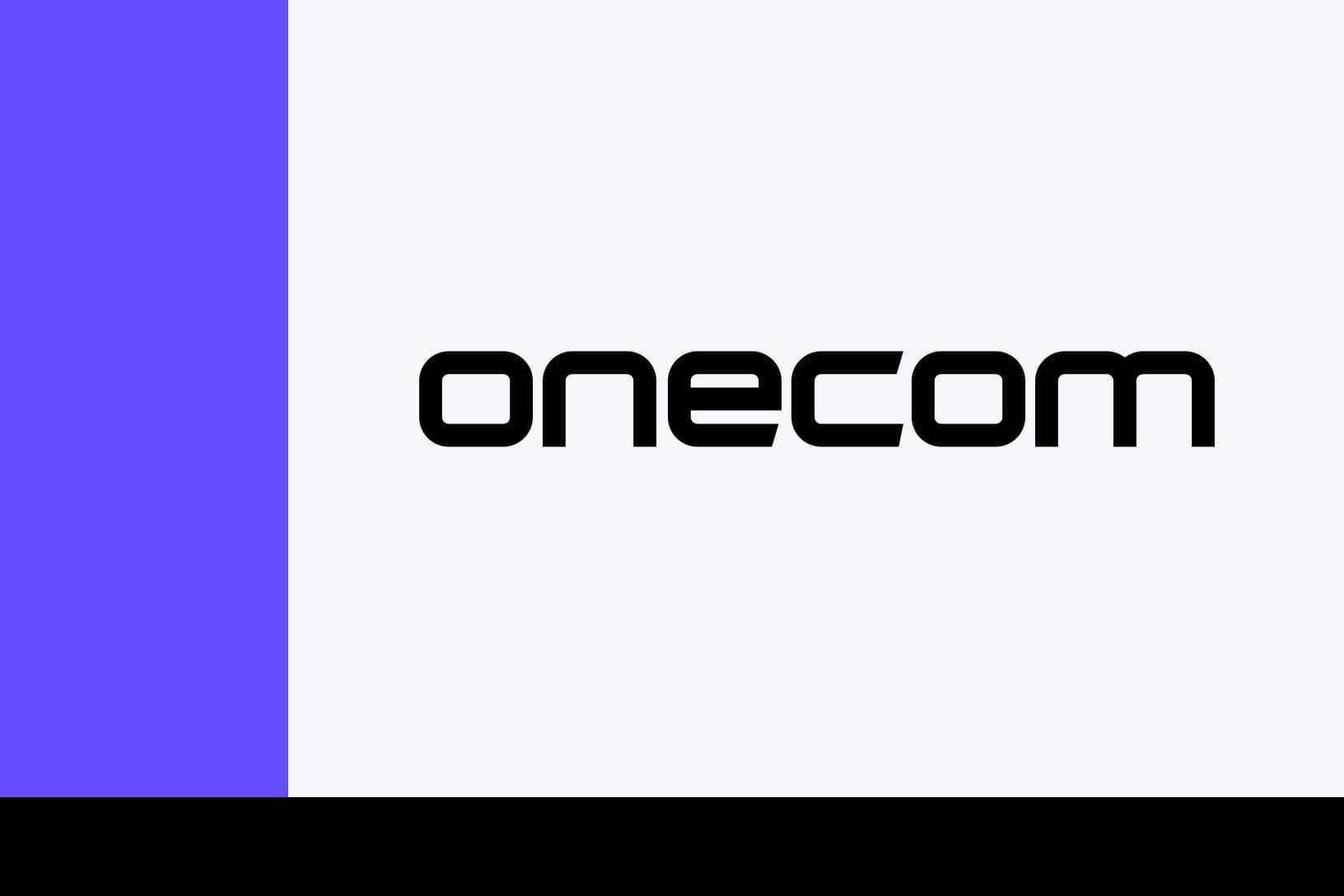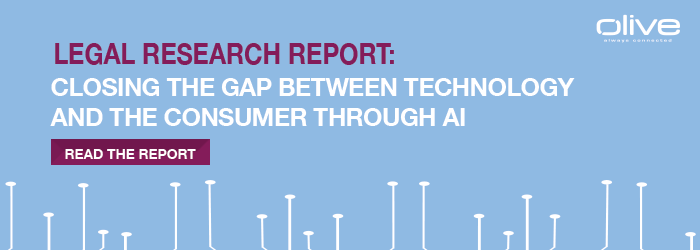The Fourth Industrial Revolution has left no industry unturned by disruption, whether that be for better or for worse. We explore four reasons that smart contracts are good and useful at what they do, and four ways a human legal mind can be better.
Firstly, if you aren’t familiar with a smart contract, RSK define them as “…contracts whose terms are encoded in computer language instead of legal language. smart contracts can be executed… so that the terms of the contracts are automatically enforced by a protocol that all nodes in the network follow. A smart contract can be fully autonomous…”
The system Blockchain is used for processing the contract. In practice, someone requests a transaction using public key encryption, which then is broadcast via the Blockchain network. As a peer of the system, you validate the contract through the relevant consensus protocol, with the new block being added to the existing Blockchain. It’s near enough irreparable once verified, proving particularly useful when it comes to contract terms. Effectively, by validating, it confirms by consensus that it is an agreed term in the contract and can be automated.
4 reasons smart contracts are good
So why use a smart contract? Here are four key benefits:
1) Retrievable – Fed up of searching through your filing cabinet or your filing room for contracts? With Blockchain, all you need is your key to access Blockchain, and you’re in. The contract at your fingertips.
2) Secure – By having your own unique key to get into the Blockchain to access the contract, its as secure as possible. If you or anyone in your Blockchain don’t give out a key, its practically impossible to hack.
3) Accurate – It’s important that all terms and conditions are as explicit as possible. If they aren’t, that can cause transactional errors. In this sense, it’s a huge benefit to have a smart contract over a traditional contract as it will reject any errors. And when they work well, the benefit is that they are guaranteed to be executed. An automation process such as an exchange of money, can be carried out through the smart contract.
4) Quick – It’s not the fault of the administrators and paralegals that contracts take time to write, but nevertheless, they do. As smart contracts are conducted online, a contract could be written in a matter of hours and minutes rather than days and weeks.
4 reasons Lawyers are better
Despite all the positives to smart contracts, they can’t always rival humans. Want to know why? Here are the four benefits to the human touch:
1) Humans can quantify the unquantifiable. Take the matter of subjective determinations. How can you automate terms such as ‘good faith’ and ‘reasonable’ in a smart contract? It would prove difficult to automate with this type of terminology. It would have to be written in absolute terms, and in some cases, that just wouldn’t be right.
2) Smart contracts are only as good as their data input. If the data input has errors, it won’t automate the contract. Simple.
3) The more complex the contract, the more a human lawyers is fundamental to the process. Having smart contracts often make sense for the one off, brief transactions. But for complex matters, this is where they're completely out-done by their traditional alternative and legal professionals.
4) Human + machine = increased benefits. It’s important to remember that law firms can play a part in the rise of smart contracts and as they say, two heads (even if one is AI driven) are better than one. Many of the magic circle law firms are now linked up with “The Accord Project” which is a community initiative for building foundations for smart contracts, putting this into action.
Bas Boris Visser, Global Head of Innovation and Business Change and a Partner in the Finance & Capital Markets practice at Clifford Chance in Amsterdam, said “If we want to help our clients realise the great potential that technology like smart contract brings we need to collectively create a legal framework to make that happen. For us as a firm this is a key priority so we are thrilled to join the Accord Project with a team of lawyers from our offices in New York and Washington. For us the Accord Project is a great example of true collaboration and a fantastic opportunity for our lawyers to both contribute and learn. A clear win-win.”
The research speaks for itself…
Recently, we carried out some independent research into the law firm of the future, specifically looking to close the gap between technology and the consumer regarding AI. There were some interesting findings showing that consumers are keen to embrace some online court services, especially for insurance claims (46%), financial disputes (23%) and tax appeals (23%).
So, there’s clearly a demand for online services, particularly where financial services are concerned. Although other areas where legal services may intervene had a lesser call for online dispute resolution. Whilst our research didn’t stretch to smart contracts specifically, there is a call for legal innovation by customers, and this is likely to grow. Supporting your customers along the way with their need for forward-thinking technology will be key to your firms’ success for years to come.
Find out more about the law firm of the future with our latest research report here

